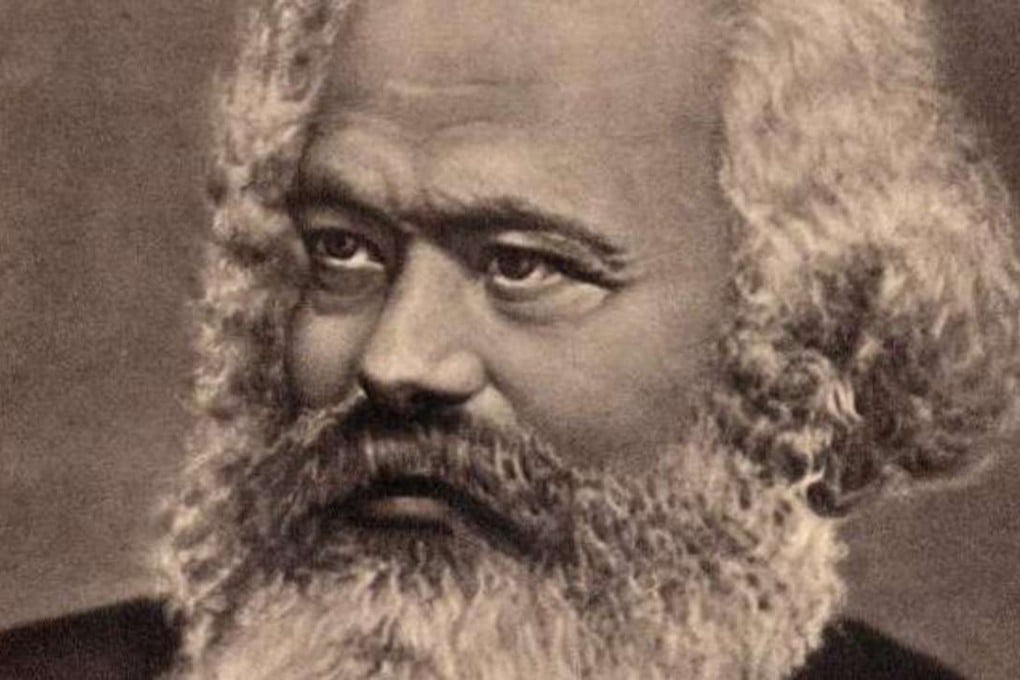Back To The Future | Is Karl Marx still relevant today?
Chow Chung-yan explores the lessons offered by thinkers like Sir Thomas More and Karl Marx, which may offer insight into today’s populist movements

IN 1516, ENGLISH nobleman Sir Thomas More completed his fictional work Utopia. Written in Latin and published in Belgium that year, the book was a brilliant satire containing some intriguing ideas that would ensure its posterity for the next 500 years.
The piece is an imaginary dialogue between More and a traveller returning from newly discovered land Utopia. More, the Lord Chancellor of England, used the story to chastise European high society for its avarice, apathy and injustice, contrasting it with the ideal state.
It was the first major work that explored and articulated the idea of communism – in its purest utopian form. The traveller in the story tells More: “I’m quite convinced that you’ll never get a fair distribution of goods, or a satisfactory organisation of human life, until you abolish private property altogether. So long as it exists, the vast majority of the human race, and the vastly superior part of it, will inevitably go on labouring under a burden of poverty, hardship, and worry.”
More provided his own antidote to the argument: “I don’t believe you’d ever have a reasonable standard of living under a communist system. There’d always tend to be shortages, because nobody would work hard enough.”
Why Marxism is so important in the new China

